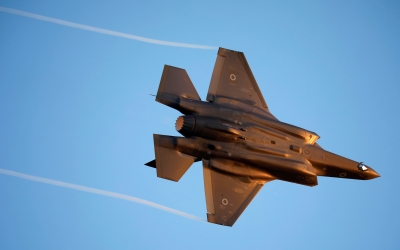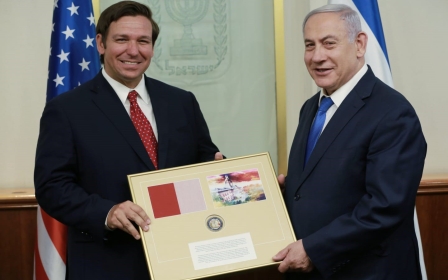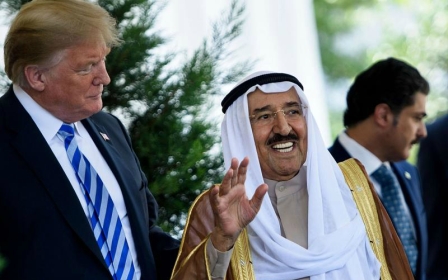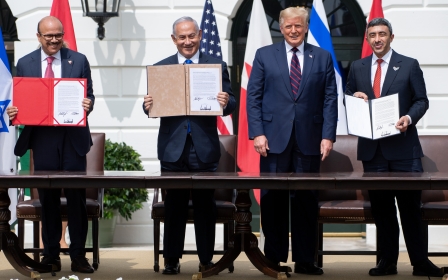US envoy to Israel says UAE will have to wait 'six or seven years' for F-35 jets
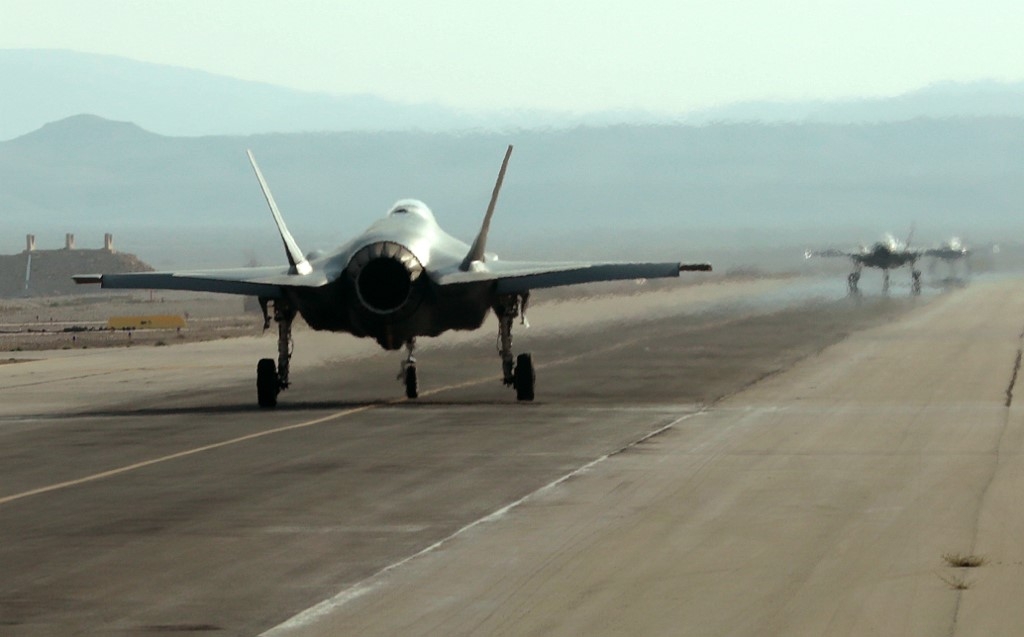
US Ambassador to Israel David Friedman says if the sale of F-35 fighter jets to the United Arab Emirates is finalised, it may still be another six to seven years before they are delivered.
In an interview published by the Jerusalem Post on Wednesday, Friedman said that "the Emirates have been trying to get F-35s for six or seven years".
"And the delivery time is probably another six or seven years from now."
Sources familiar with the F-35 negotiations between the US and the UAE told Reuters on Tuesday that the two countries are working on reaching a deal by December.
The UAE, one of the US's closest allies in the Middle East, had long expressed interest in acquiring the stealth jets and had been promised a chance to buy them in a side deal made when they agreed to normalise relations with Israel in August.
Sources familiar with the negotiations said F-35 fighter jets sold to the UAE may be built in a way that ensures the same planes owned by Israel outperform any others sold in the region, defence experts said.
The US ambassador further pointed out that ensuring Israel's military advantage in the region was a "matter of law, not a matter of policy".
"It has been US law since 2008, and US policy a lot longer than that. Israel has dealt with the QME [qualitative military edge] behind the scenes professionally and successfully for more than a decade; it is going to continue to work this way."
On Tuesday, Israeli Defence Minister Benny Gantz met with his US counterpart Mark Esper, White House senior adviser Jared Kushner and US National Security Adviser Robert O'Brien in Washington.
"We commend the US efforts and its commitment to Israel's security," Gantz said after meeting with Kushner. "We will work in partnership to promote stability in the Middle East through normalisation with other countries."
Esper, on Twitter, said: "Israel is the United States' most important partner in the Middle East and the bonds between our countries are unshakable".
Middle East Eye propose une couverture et une analyse indépendantes et incomparables du Moyen-Orient, de l’Afrique du Nord et d’autres régions du monde. Pour en savoir plus sur la reprise de ce contenu et les frais qui s’appliquent, veuillez remplir ce formulaire [en anglais]. Pour en savoir plus sur MEE, cliquez ici [en anglais].


